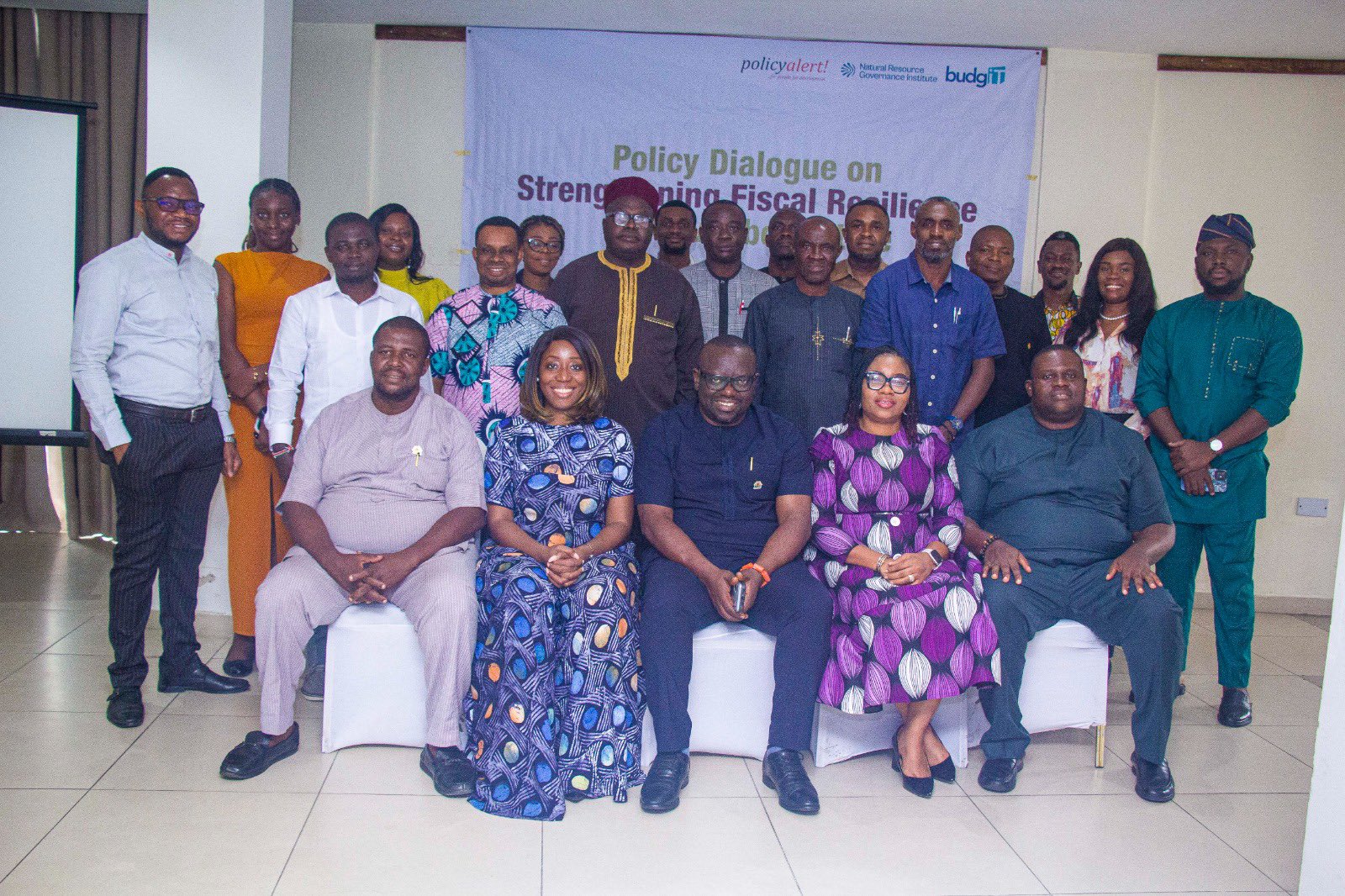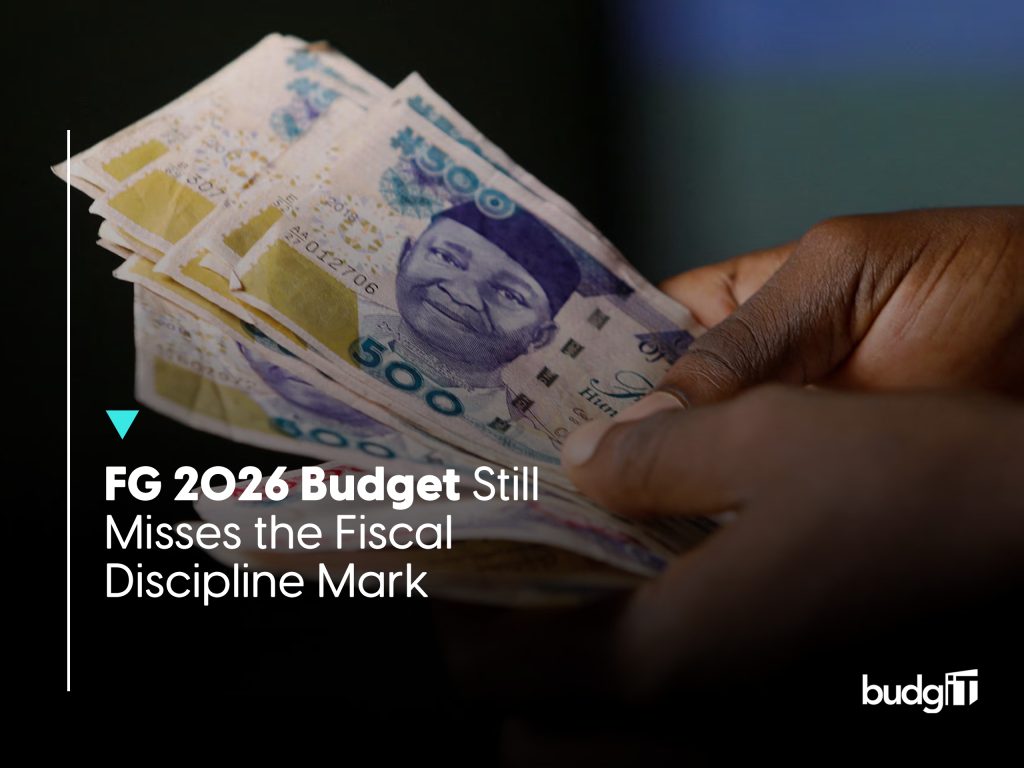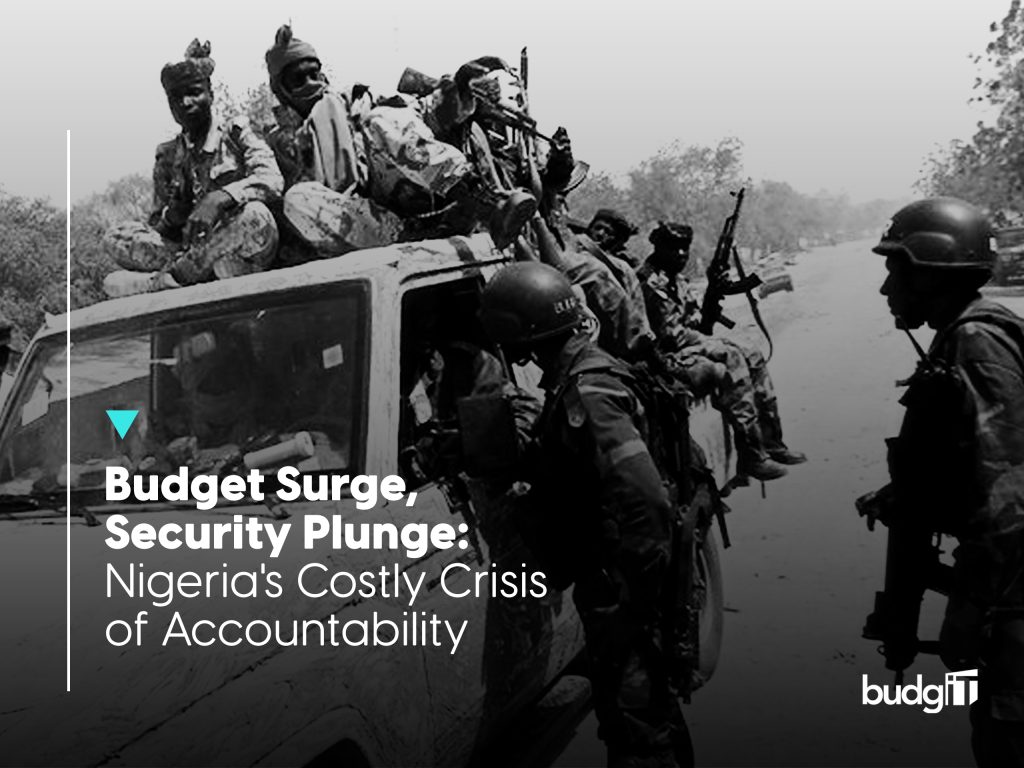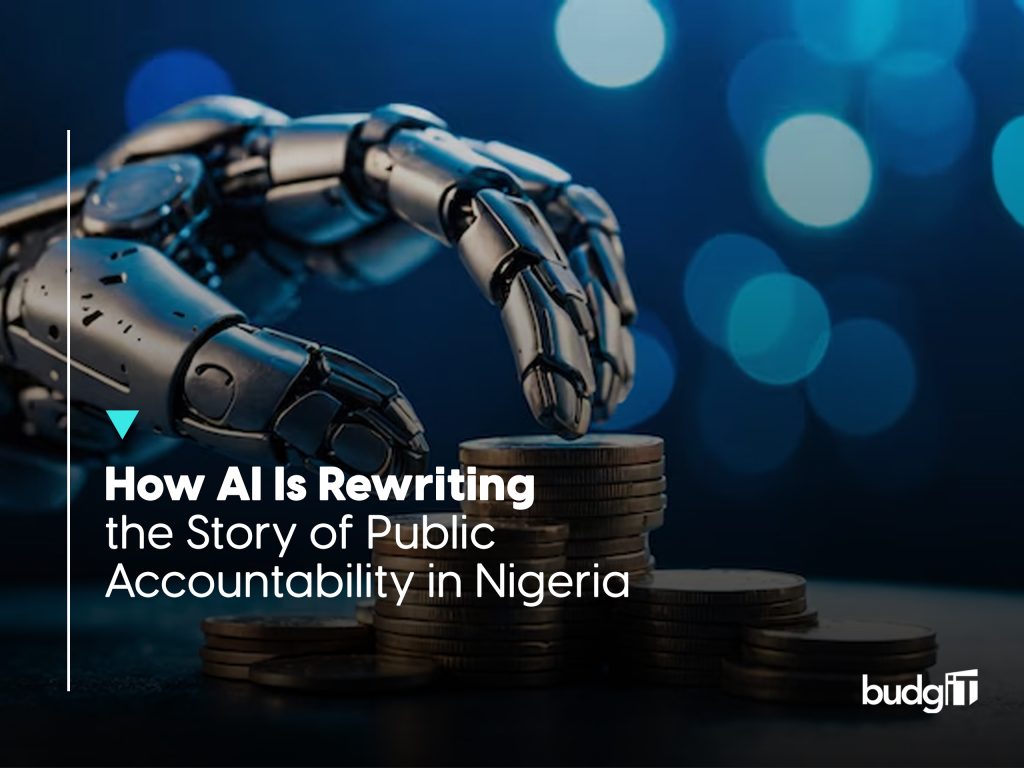On Thursday, November 7, 2024, Monty Suites Uyo was interestingly converted to a hub for critical discussion and collaboration as policymakers, experts, and stakeholders in the extractive sector gathered for a policy dialogue on Strengthening Fiscal Resilience in Akwa Ibom State. BudgIT’s Natural Resource and Climate Governance Team, in collaboration with the Natural Resource Governance Institute (NRGI) and Policy Alert, organised the event, which brought together 23 participants, including government representatives, civil society organisations (CSOs), renewable energy experts, and development partners.
This dialogue addressed pressing fiscal challenges, evaluated Akwa Ibom’s economic standing, and explored its role in Nigeria’s ongoing energy transition. The conversations were rich, data-driven, and far-reaching, offering innovative pathways for building a more sustainable, diversified, and resilient economy.
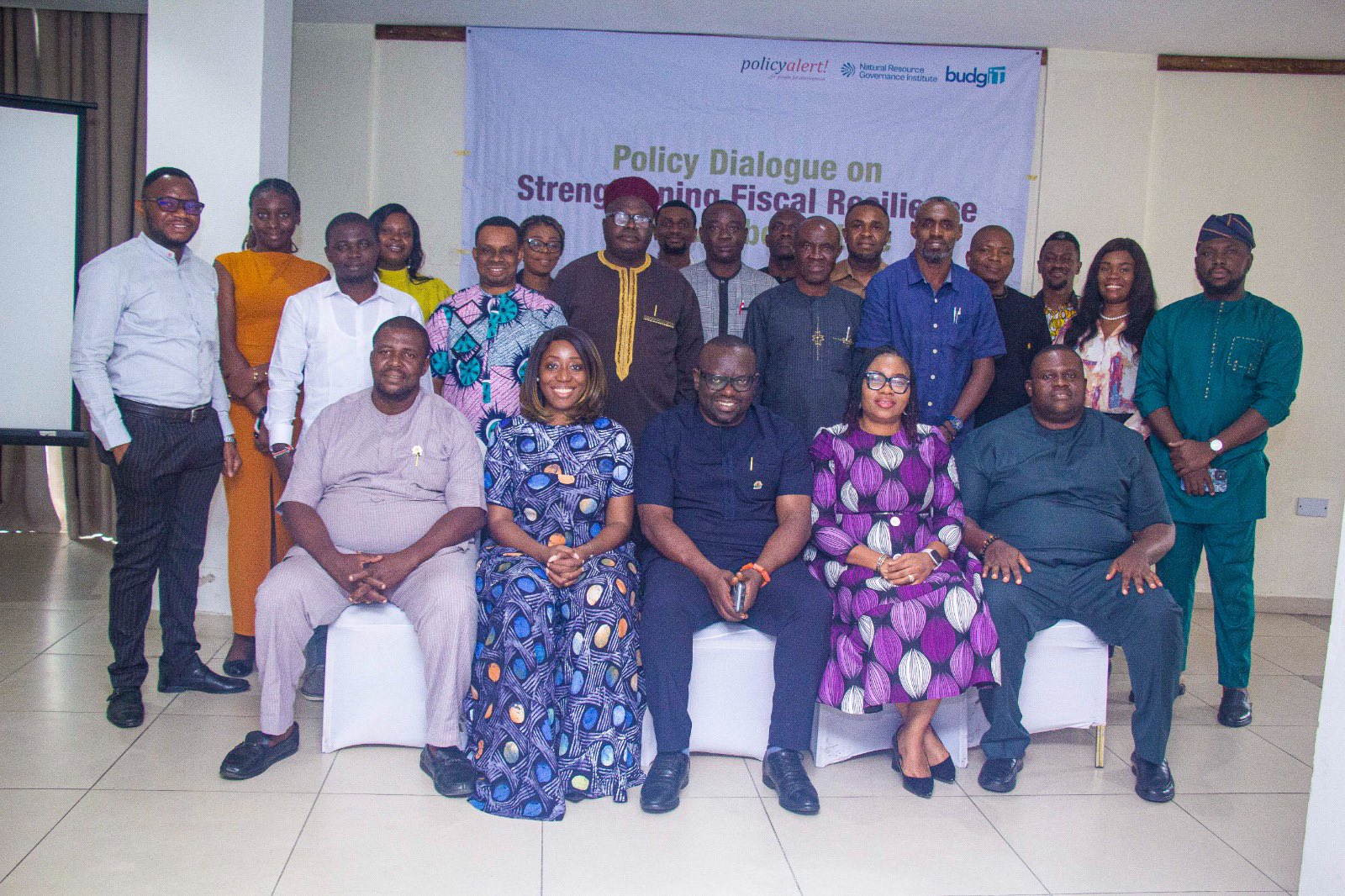
Introduction and Opening Remarks
The dialogue commenced with a warm introduction by BudgIT’s Head of Natural Resources and Climate Governance, Enebi Opaluwa. In his remarks, he underscored collaborative dialogue’s critical importance in addressing fiscal challenges, especially in resource-reliant states such as Akwa Ibom. His speech set a focused and engaging tone for the day’s discussions, highlighting the need for innovative and inclusive strategies to navigate economic vulnerabilities and seize emerging opportunities.
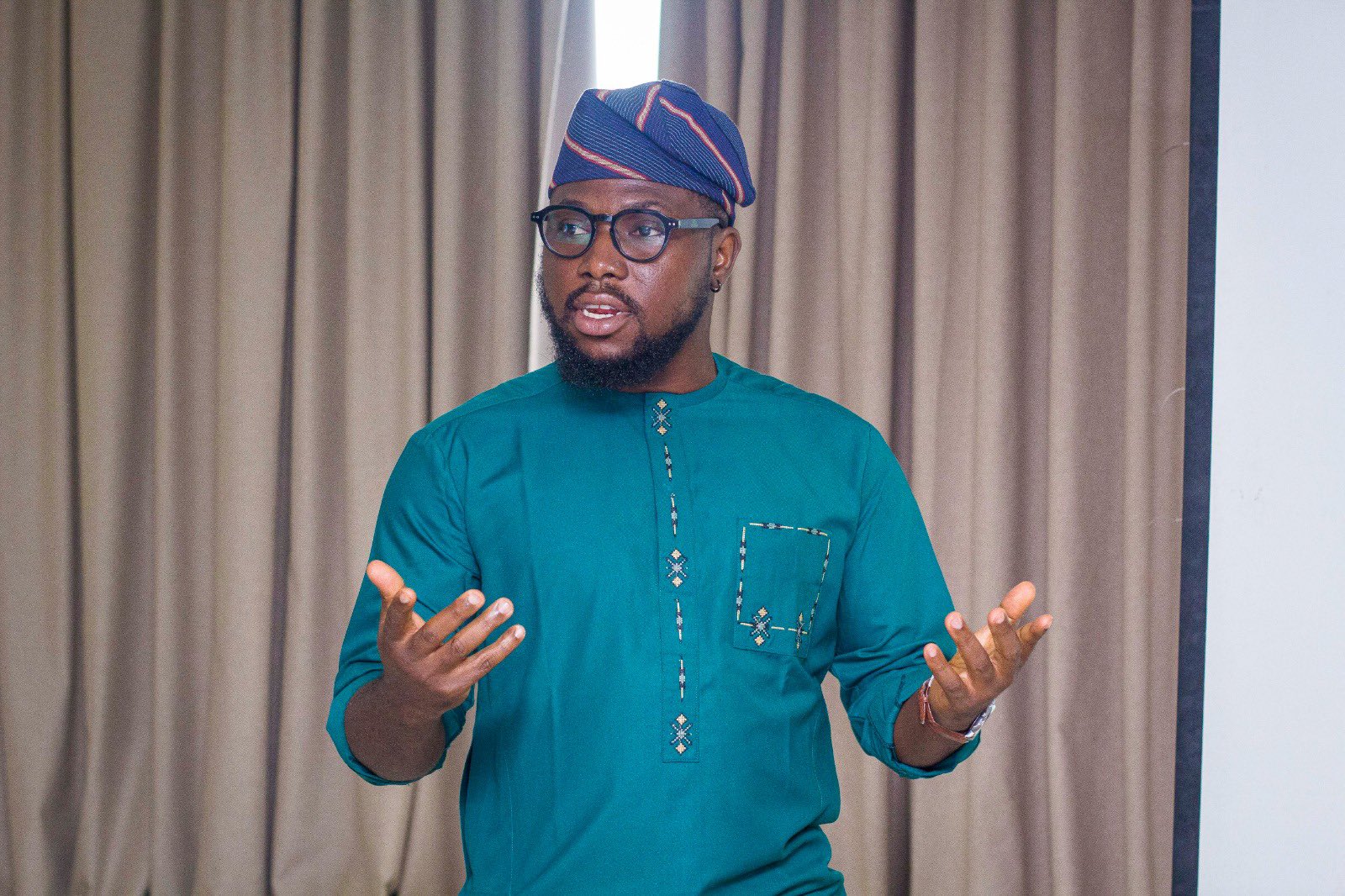
Fiscal Resilience Through Diversification by Tosin Iseniyi, Research and Policy Analyst, BudgIT.
Tosin Iseniyi, BudgIT’s Research and Policy Analyst, delivered a comprehensive presentation on “Fiscal Resilience Through Diversification,” drawing on BudgIT’s State of States Report findings. His analysis revealed Akwa Ibom’s heavy reliance on oil revenues, exposing the state to significant risks from global economic fluctuations. He emphasised the critical need for economic diversification to safeguard fiscal stability.
“Akwa Ibom’s heavy reliance on oil revenues exposes the state to significant risks from global economic fluctuations—economic diversification is no longer an option but a necessity,” Tosin said.
He further proposed actionable strategies, including scaling up investments in non-oil sectors like agriculture and tourism, adopting renewable energy solutions, and strengthening governance frameworks to boost transparency and efficiency in public spending.
“Relying on oil revenues makes Akwa Ibom vulnerable to global shocks; diversifying into agriculture, tourism, and renewable energy is essential for fiscal stability,” he added.
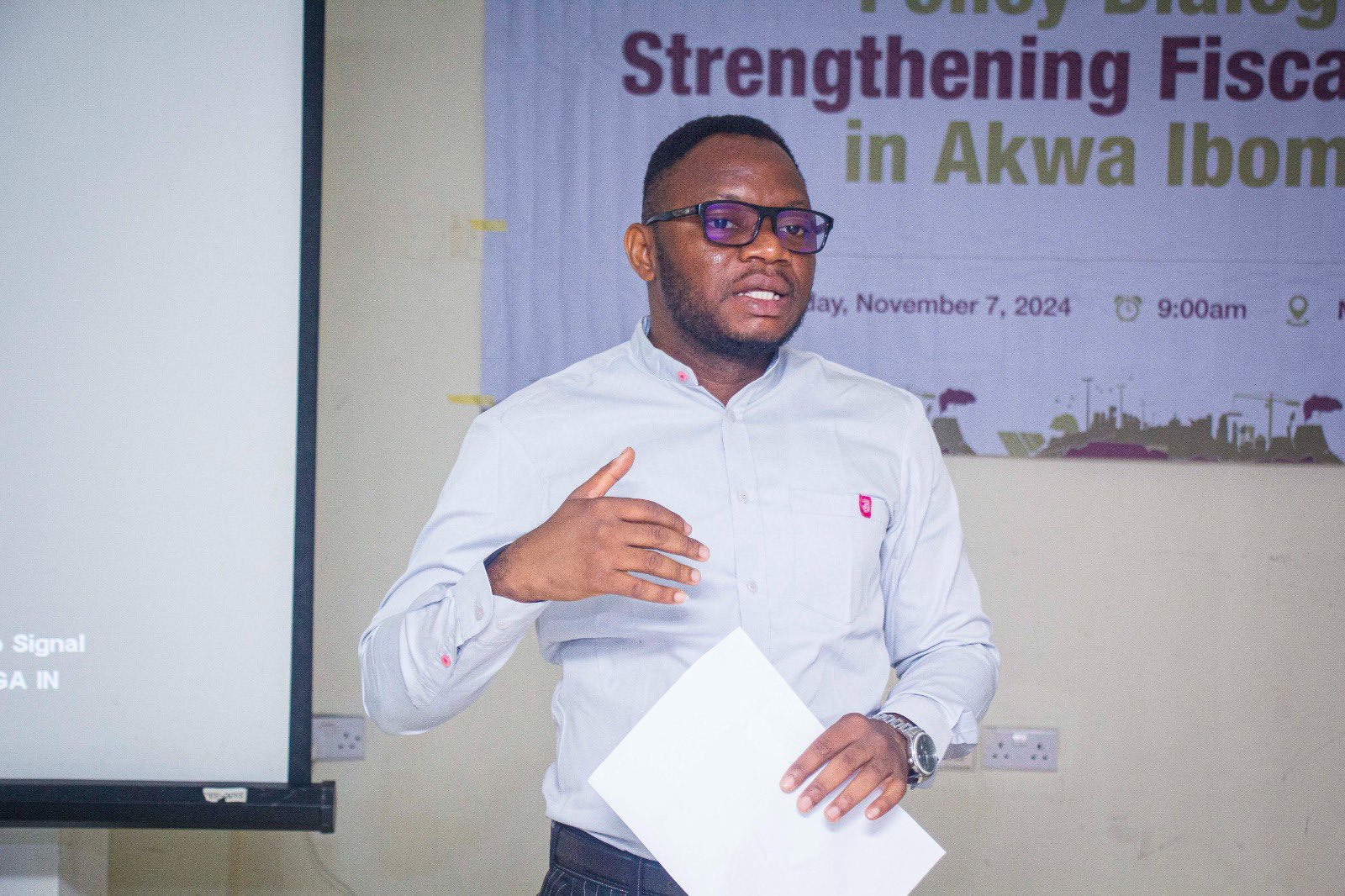
Adapting to Climate Change and Energy Transition by Enebi Opaluwa.
Building on Tosin’s analysis, Enebi Opaluwa turned the spotlight on the pressing climate change issues and the global energy transition. He highlighted how these challenges threaten Akwa Ibom’s fiscal and socio-economic landscape, particularly given the declining demand for fossil fuels. Enebi urged the state to rethink its fiscal strategies by diversifying revenue streams and prioritising sectors like renewable energy, agriculture, and tourism.
“Very soon, the world will stop demanding crude oil, and oil-producing nations must adapt or be left behind,” Enebi stressed.
He also stressed the importance of skill development programs to prepare the workforce for green jobs and foster private-sector collaboration to accelerate growth.
Enebi further stressed that the global transition from fossil fuels to renewable energy, driven by the rise of electric vehicles and strict environmental policies, will significantly reduce oil demand by 2050. According to him, this shift poses challenges for oil-dependent African economies like Nigeria, which risk economic instability as global demand for crude oil declines. To navigate this transition, African nations must prioritise economic diversification by investing in renewable energy, expanding non-oil sectors like agriculture and technology, and building domestic refining and petrochemical industries. Also, aligning with global standards for cleaner energy production and fostering regional collaboration can help these countries remain competitive.
“While the decline in oil demand is a challenge, it also offers African nations the chance to sustainable energy and build resilient, future-focused economies. The time will come when most people won’t demand crude oil anymore because the world is shifting to electric vehicles and cleaner energy. Oil-producing countries, especially in Africa, must start finding new markets and diversifying now, or risk being left behind when this new standard becomes the global reality,” he emphasised.
Both presentations underscored the urgency of a forward-thinking approach to ensure fiscal resilience and sustainable development in Akwa Ibom. They set the stage for insightful discussions and collaborative problem-solving among stakeholders.
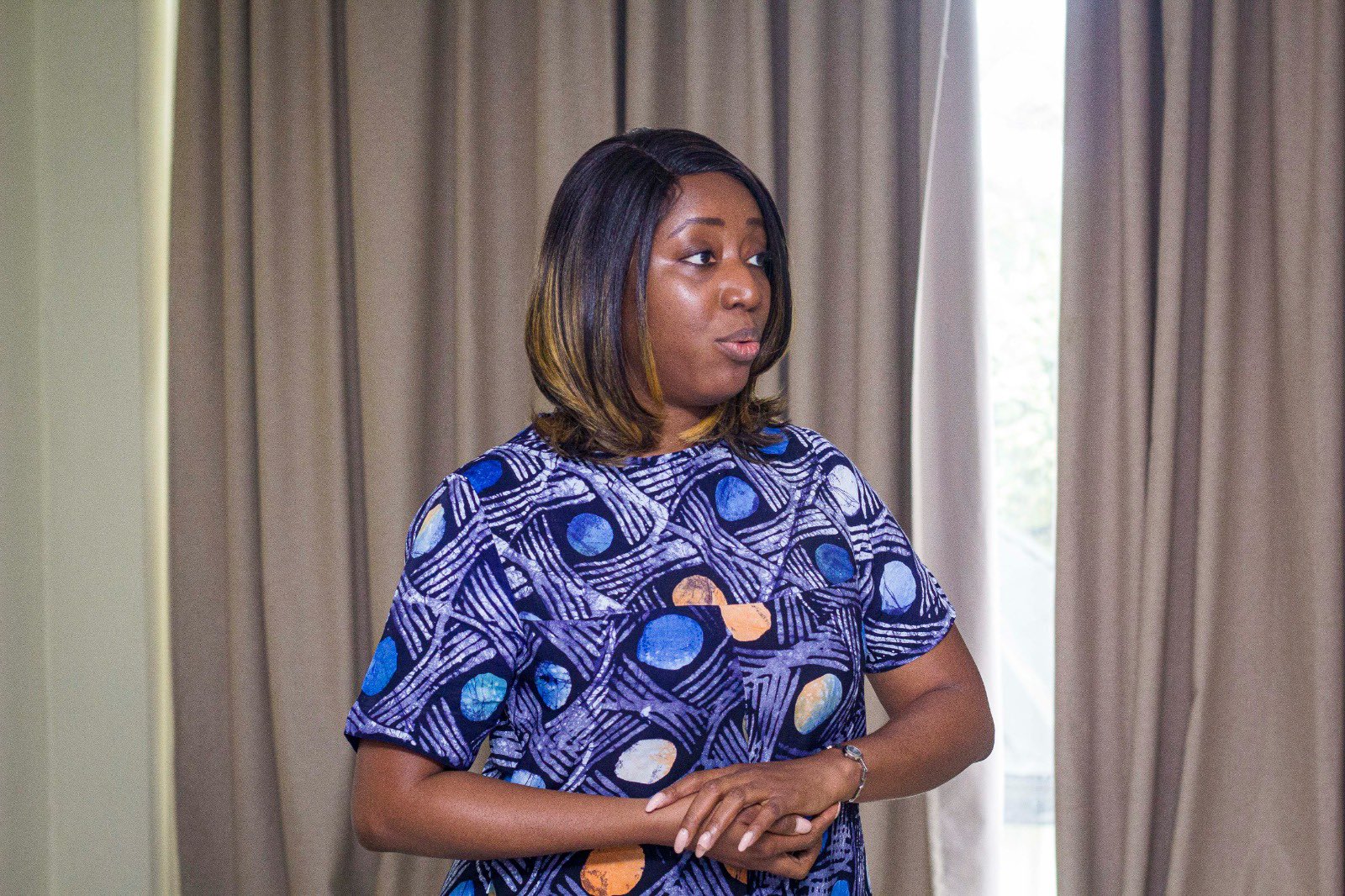
Interactive Q&A Session: Diverse Perspectives
The discussions during the Q&A session were as vibrant as they were insightful. Participants raised critical issues, including economic diversification, where they emphasised agriculture, tourism, and renewable energy as pathways to reduce dependency on oil revenues; energy transition awareness, advocating for targeted campaigns to educate communities about the benefits of renewable energy and strengthening the state’s Internal Revenue Service (AKIRS), where they highlighted the need for the Akwa Ibom Internal Revenue Service to operate independently, deploying technological solutions for more effective revenue collection.
These discussions reflected a shared desire to tackle systemic challenges and position the state for sustainable growth. Tengi George Ikoli, Senior officer at the Natural Resource Governance Institute, delivered a compelling stance on the necessity of energy transition, framing it as a solution to urgent climate issues rather than a tactic by developed countries to outmanoeuvre others. She explained the long-term benefits of embracing renewable energy, emphasising the opportunity for African countries to lead in green innovation.
Experts like Tengi George Ikoli and Enebi Opaluwa addressed these concerns, reaffirming the importance of aligning fiscal strategies with global sustainability trends.
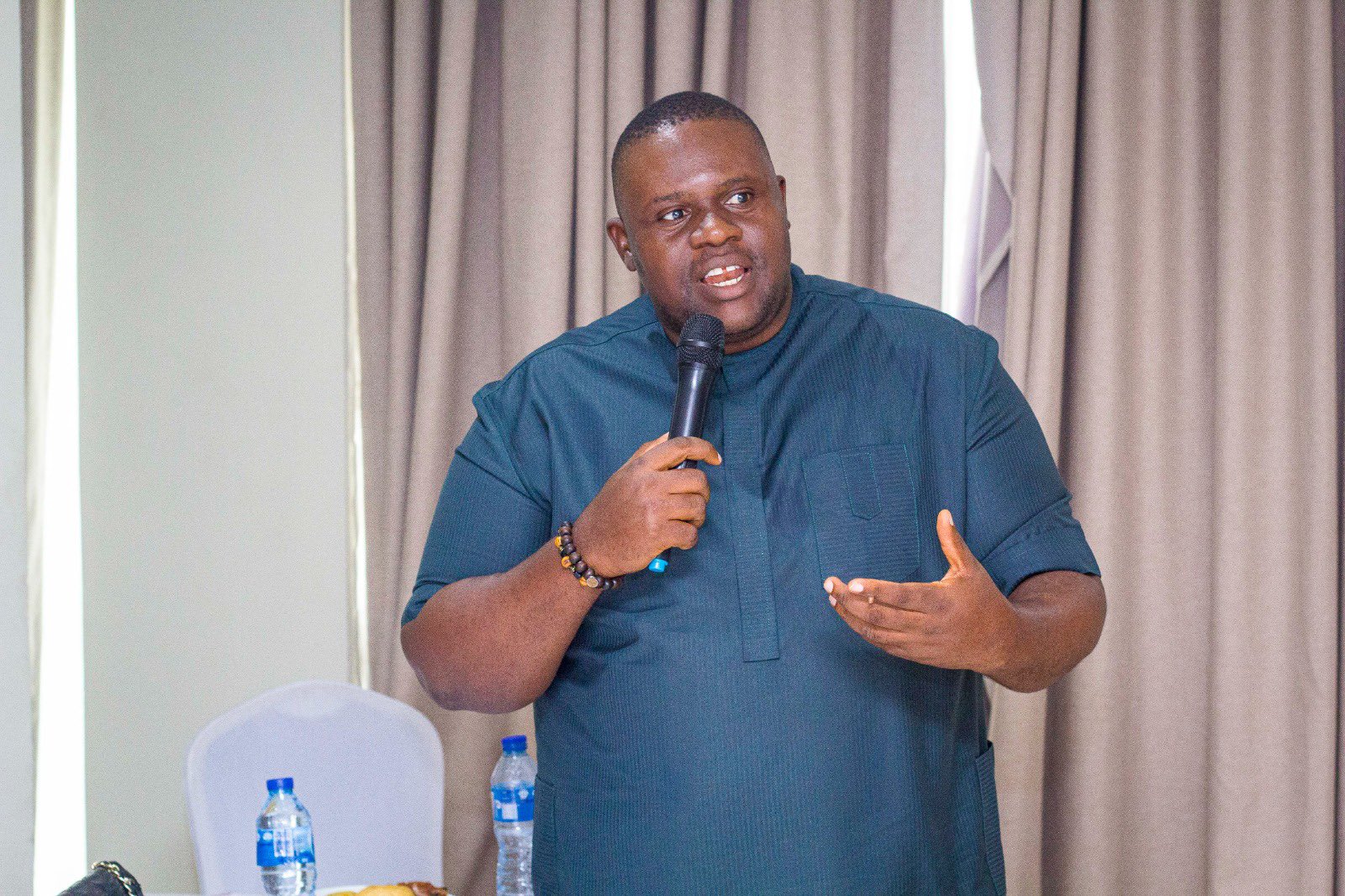
Recommendations and Next Steps
The dialogue concluded with a session led by Edidiong Dickson from Policy Alert, where participants outlined practical recommendations for the state. These included:
- Energy Transition Plan: Development of an energy transition response plan by the state government and all stakeholders, including civil society and the private sector.
- Diversifying Revenue Sources: Investing in underutilised sectors like agriculture, tourism, and renewable energy.
- Enhancing budget credibility by promoting transparency, accountability, and efficiency in public spending.
- Investing in critical healthcare, education, and infrastructure sectors to build a resilient economy.
- Fostering partnerships with stakeholders, particularly the private sector, to drive innovation and attract green investments.
- Collaborating with partners to deliberately drive awareness campaigns on energy transition and its benefits and education and skills development programs to position its burgeoning youthful population as an asset in the emerging green economy.
The consensus was clear: building fiscal resilience in Akwa Ibom requires collective action, robust governance frameworks, and a commitment to long-term sustainability. The collaborative insights shared will assist the state in navigating fiscal challenges and seizing opportunities for sustainable growth.
The dialogue was not just an event but a catalyst for change on Akwa Ibom’s journey toward fiscal resilience and economic transformation. The journey ahead may be challenging, but Akwa Ibom is poised to make headway in Nigeria’s energy transition and sustainable development efforts with the actionable insights and commitments made during this dialogue.
